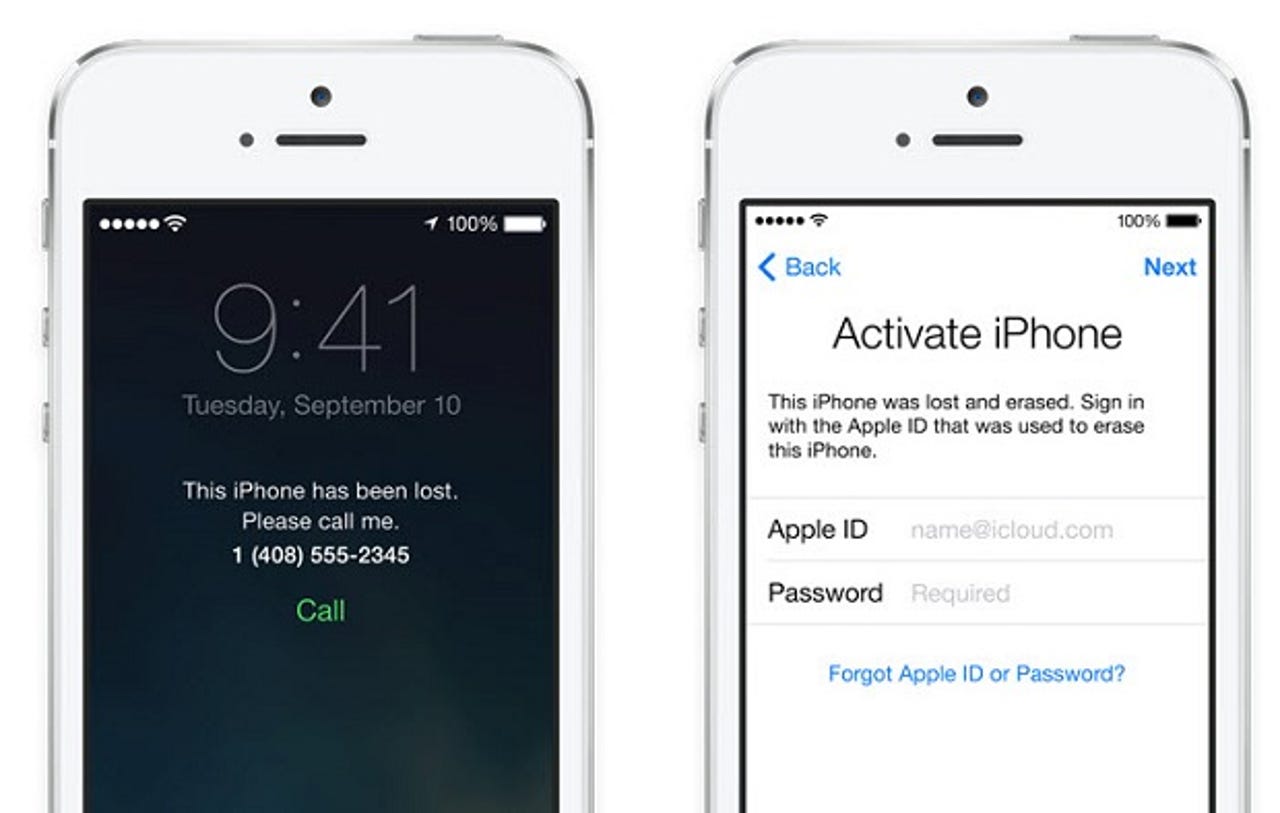Apple, Google, Microsoft make progress against phone theft

Police in large cities report that phone theft, sometimes called "Apple Picking," is perhaps the most significant crime problem they have. Apple, Google and Microsoft are beginning to respond to the problem, but Google is a big step behind the others.
New features in iOS 7 Find My iPhone allow the user to effectively make a phone unusable remotely, until they have it back in hand. From Apple's description:
Now turning off Find My iPhone or erasing your device requires your Apple ID and password. Find My iPhone can also continue to display a custom message, even after your device is erased. And your Apple ID and password are required before anyone can reactivate it. Which means your device is still your device. No matter where it is. [emphasis added]
Even if a locked phone is remotely wiped through the MDM interfaces it will still demand the user's iCloud credentials when booting out of the wipe.

Law enforcement officials have been asking for this for a while. Several months ago the San Francisco DA George Gascón and New York DA Eric Schneiderman were publicly pushing for a "kill switch" for phones, but Apple's solution in iOS7 seems much more pleasant and remains under the control of the user.
Another helpful factor is that the FCC has begun a Stolen Cell Phones Initiative through which carriers will check a database of stolen phone IDs before activating a phone. The program has begun, but it's not clear to me whether all the major carriers are fully participating.
Lots of folks are excited about Find my iPhone, including the New York City Police. @Hoffm on Twitter posted this image of a flyer the police were handing out urging iPhone and iPad users to upgrade to iOS 7 so that they could take advantage of Find my iPhone. It's part of a longstanding program called Operation ID to register phones by serial number with the police and to engrave them with a special NYPD serial number.
Google recently added Android Device Manager (see images below) to the Google Settings app. This apps performs many of the same functions as Find My iPhone (locate, ring, lock and erase), but it falls short in an important way: I locked my own phone as a test and then successfully booted it into recovery mode. The option to do a factory reset/wipe was there (as were the options to load ROMs; I admit didn't test any of these on my own phone). So a thief doing this would be able to reset the phone to factory default. At this point, he may not have any of your data, but he has a phone he can sell.
Whether a particular Android phone includes particular recovery mode feature is an option for the OEM, but every one of the several Android devices I've owned has had them.
If the FCC database works he may not be able to sell it in the US, but as I understand it, many of these phones are shipped abroad to places where carriers aren't as picky about what they will activate.
Google recently updated this blog entry on Android Device Manager to note the addition of the remote lock feature, which is brand new.
Windows Phone also has a Find My Phone feature on windowsphone.com that seems to have all these same features (find, ring, lock and wipe). Windows Phones do not have a power-on key sequence like Android's to bypass the OS, so the lock should prevent a wipe. Like Find my iPhone, the Windows Phone feature allows you to put a custom message on the phone (like "I'm staying at the Marriott on 3rd" or "Call my wife's phone at (123)456-7890"). In other words, the Windows Phone feature is basically on par with Find my iPhone.
I'm actually pretty optimistic that measures like these and future advances will make it so much harder to sell stolen mobile devices that the crime will lose its popularity. There definitely neesd to be more outreach; sales people in stores and the out of box experience should nag you to register the device with the services. And the sooner Android catches up, the better.